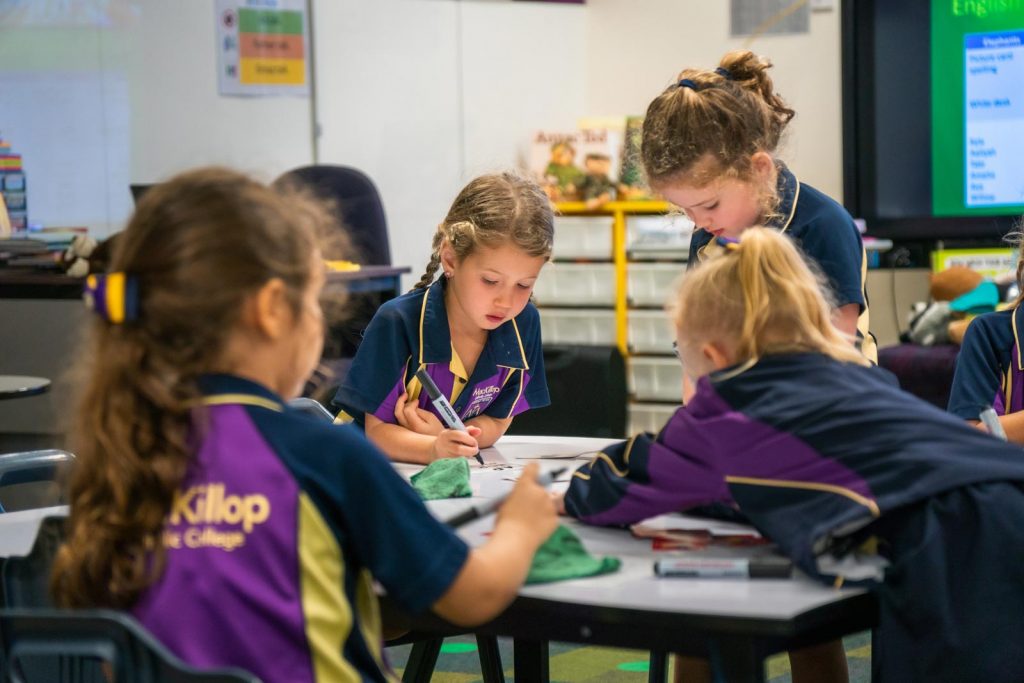
Alice Springs (Mparntwe) Education Declaration (December 2019):
‘The curriculum supports students to become responsible local and global members of the community in an interconnected world and to engage with complex ethical issues and concepts such as sustainability. As a foundation for further learning and adult life, the curriculum includes practical skills development in areas such as ICT, critical and creative thinking, intercultural understanding and problem solving. These skills support imagination, discovery, innovation, empathy and developing creative solutions to complex problems. They are central to contributing to Australia’s knowledge‑based economy.’ (p. 10).
Learning and Teaching – is the core activity of our school. Quality learning and teaching in Catholic schools is informed by:
- The educational vision, mission, policies and strategic priorities of the Diocese of Cairns
- Contemporary educational research and practices
- The needs and the aspirations of students, their families and the local community
- The knowledge and skills of teachers and support staff
- The requirements of Government educational policies and directions
MacKillop Catholic College is committed to preparing young people for tomorrow’s world by providing an education which is congruent with the values of the gospels and the teachings of the Catholic Church. To realise such a system of education we hold firmly a vision for the kinds of adults our young people need to become and this is clearly articulated in our Diocesan Learning Framework. This document can be accessed on the Catholic Education website at www.cns.catholic.edu.au/index.php/your-education/curriculum/
As a member of the network of Catholic schools across Far North Queensland and supported by Cairns Catholic Education Services, MacKillop Catholic College will draw from and contribute to our shared educational resources. With the Diocesan Learning Framework as the foundation document, our College will continually refine our delivery of learning programs and continue to develop school-based curriculum plans designed to meet the needs of our student community, whilst taking into account and being informed by the Australian Curriculum and the requirements of the Queensland Curriculum and Assessment Authority.
In proposing minimum curriculum requirements for Learning Areas within Catholic schools, it is critical to note that every curriculum area has a religious and a social emotional dimension; a capacity to assist students to examine the world of human culture and the world of religion, providing knowledge and skills through an active process, and fostering attitudes and values that are life-giving and that assist young people to search for meaning and truth.
“…school should be able to offer young people the means to acquire the knowledge they need to find a place in a society, which is strongly characterised by technical and scientific skill. But, at the same time, it should be a place, above all, to impart a solid Christian formation.”
The Catholic School on the Threshold of the Third Millennium


